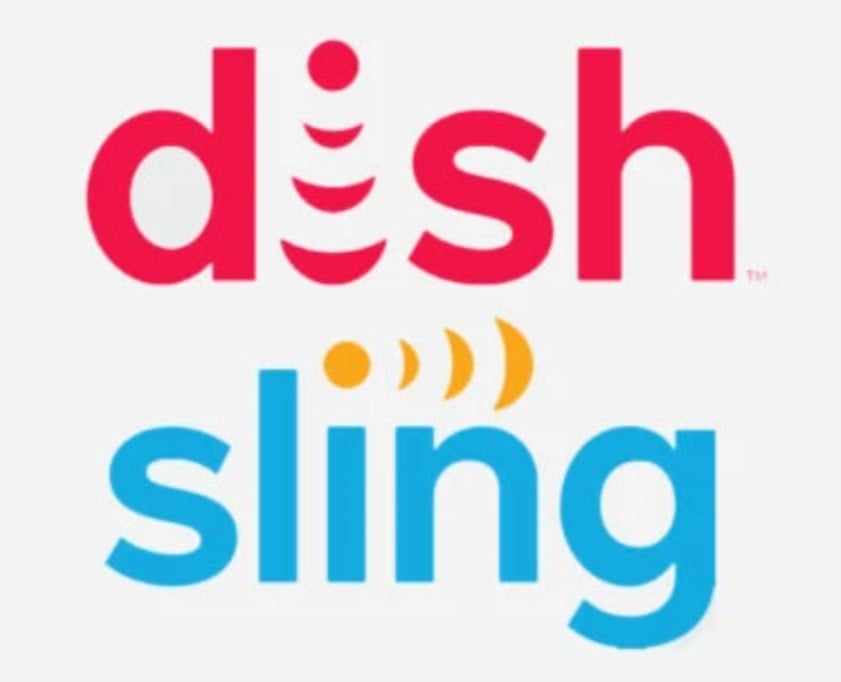
Dish Network’s planned entry into the wireless space as the nation’s fourth facilities-based carrier and SpaceX's plans to close the digital divide are driving calls for the FCC to take a closer look at the 12 GHz band.
Several entities want to see the FCC open a Notice of Proposed Rulemaking (NPRM) that would thoroughly vet all the questions and eventually lead to a new decision on how the 12 GHz band should be used.
Federated Wireless and WeLink Communications are the latest companies asking for an NPRM. The Competitive Carriers Association (CCA), INCOMPAS, Public Knowledge, Computer & Communications Industry Association and Open Technology Institute at New America earlier urged (PDF) the commission to move forward on the band.
They argue that a lot has changed since the rules for direct broadcast satellite service (DBS) were created in 2003—and even since Dish petitioned the FCC (PDF) for a rulemaking back 2016 that would allow for sharing DBS spectrum with 5G services. Dish holds licenses in the band covering 75% of the U.S. population, and RS Access, after purchasing it from MDS in 2018, holds licenses covering 15%.
According to RS Access, SpaceX is asking for modifications that would “irreparably harm America’s future 5G leadership by impairing the multichannel video distribution and data service (MVDDS) operating in the 12.2-12.7 GHz band (12 GHz band)."
RS Access argues that SpaceX, “under the cloak of an ostensibly routine license modification,” would have the commission “suffocate the 5G Petition and make a de facto policy decision of enormous strategic significance, potentially permanently eclipsing U.S. 5G leadership.”
SpaceX already has access to 14,050 megahertz of spectrum outside of the 12 GHz band to conduct its future operations, and the FCC recognized the important interests of MVDDS licensees when it put SpaceX on notice that it should not rely on access to the 12 GHz band pending a future rulemaking, according to V. Noah Campbell, founder of RS Access, the second larger holder of MVDDS spectrum after Dish.
RELATED: Dish-backed 12 GHz plan returns to 5G stage
“The Commission can and must first resolve whether it seeks to allocate the 12 GHz band for 5G in support of the Chairman’s stated priority before it proceeds with SpaceX’s proposed license modification,” Campbell told the FCC (PDF). “Now is the time to initiate a notice of proposed rulemaking (NPRM) on the future of the 12 GHz band so that this critical resource can be unleashed to meet the Commission’s urgent 5G goals.”
However, SpaceX says the 12 GHz has become a “premier workhorse” band for satellite services. Proceeding with any proposal that would undermine current and future satellite use in the band would place achievements at risk, including for services in the most rural and remote areas of the country.
SpaceX says the commission issued non-geostationary satellite orbit (NGSO) fixed satellite service (FSS) licenses authorizing use of the 12 GHz band in 2017, and in just the past year, NGSO operators have launched more than 500 satellites using the band. Several hundred more satellites are scheduled to be deployed in the next several months.
As the COVID-19 pandemic has made clear, "no one should be left unconnected," SpaceX told the commission (PDF) earlier this month, adding that the 12 GHz band is an essential component to closing the digital divide with its satellites.
Need for speed
Public Knowledge opposed the Sprint/T-Mobile merger and didn’t think it was good policy to count on growing Dish as a fourth national network, but “the fact is that’s what we have,” therefore, it wants to see Dish succeed, said Harold Feld, SVP at Public Knowledge.
It no longer makes sense to argue about the 12 GHz band in the context of a petition for rulemaking; an NPRM would open up all the questions about the band and give everyone a chance to review what’s going on. One could presume it’s possible to do spectrum sharing in the band in a way that would grant Dish’s petition in substance but protect SpaceX and other NGSO systems, according to Feld.
There’s 500 megahertz of spectrum at play here, and a lot has happened since the rules were last reviewed in 2003, he noted. It’s also not clear at the moment which one of the outcomes is going to happen, but “we definitely believe if you get the ball rolling, something good is going to happen,” he said.
"dish" - Google News
June 29, 2020 at 11:08PM
https://ift.tt/3dLH7uB
Dish, SpaceX drive calls for new look at 12 GHz band - FierceWireless
"dish" - Google News
https://ift.tt/2MXZLF4

No comments:
Post a Comment